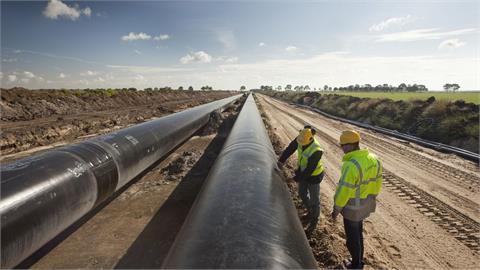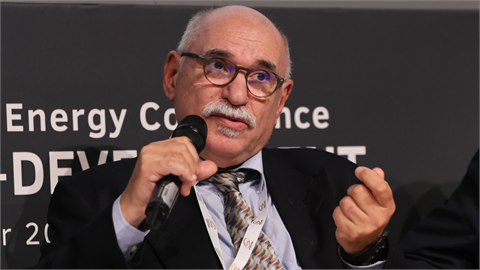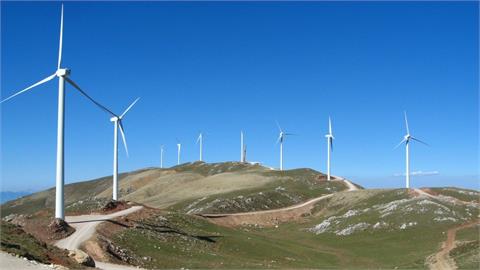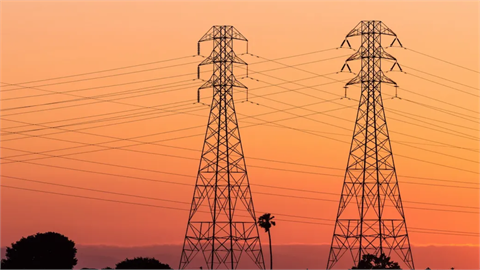Last Sunday (15/11) the East Mediterranean Business Cultural Alliance (EMBCA) organized a virtual discussion on the theme of Hellenic Energy Independence.
Last Sunday (15/11) the East Mediterranean Business Cultural Alliance (EMBCA) organized a virtual discussion on the theme of Hellenic Energy Independence.
Louis Katsos, founder and president of EMBCA, presented the distinguished group of panelists which included : Konstantinos Drougos, Vice President ofEMBCA, Costis Stambolis, Chairman and Executive Director of IENE who acted as panel moderator, Professor Michael Karmis, Stonie Barker Professor of Mining and Minerals Engineering & Director at the Virginia Center for Coal and Energy Research at Virginia Tech., Stratos Tavoulareas, independent energy consultant and a highly recognized energy authority who for many years served as Global Lead for Power at IFC in Washington DC, Dr. Soriris Manolikidis, Legal Counsel to the Hellenic Regulatory Energy Authority and former Vice President of RAE, Dr Yiannis Bassias, a petroleum geologist and former chairman and CEO of the Hellenic Hydrocarbon Resources Management Company (HHRM) and William H. Laitinen, who currently serves as Economic Counselor at the American Embassy in Athens.
The discussion examined almost all aspects of Greece's current energy situation and focused on the need to develop further the country's indigenous energy resources, both Renewables and fossil fuels. In view of the increasing gas use, which will exceed 6.0 bcm this year and consumption likely to double by 2025, the need to exploit the country's considerable gas resources is more than apparent.
At the same time the government's aggressive decarbonisation programme came under fire as it is bound to weaken indigenous energy supplies and increase further the country's energy dependence, which at 75% is considered exceptionally high by EU standards.( the average EU energy dependency is 52%) The government's lack of a well-defined strategy in decarbonizing the country's power generation was seriously questioned as it presented no practical alternative in substituting installed capacity of 4,0 GW coal plants while itcompletely ignores Carbon Capture and Storage ( CCS) technology and other forms of lignite management attuned to environmental protection.
The notion of maximising indigenous energy production as a means of strengthening Greece's geopolitical position in view of latest threats to its sovereignty by Turkey, was widely discussed and differing views were tabled. Overall this two hour longEMBCAWebinar with its high level expert participation from both sides of the Atlantic, attracted thousands of attendees and helped bring home the message for a much needed wholistic energy policy which will aim to utilise all possible local energy resources and not just focus on Renewables. A key observation was that the government will need to urgently revise its present energy policy so as to adopt a more inclusive approach. The EMBCA energy debate can be viewed through the following utube link https://www.youtube.com/watch?v=Y4b0dnbENVU&feature=youtu.be&ab_channel=EMBCA .




